Concorto is almost half way there and we’re ready to kick off today’s screenings which will please even the most demanding film enthusiasts.
At 6pm at Palazzo Ghizzoni Nasalli we’ll start with the screenings related to Focus Africa, find the reviews here. At 9pm at Parco Raggio, the screenings of short films in competition will be inaugurated by Yan Bian Shao Nian, a Chinese short film set at the border between China and South Korea. Next up, 32-Rbit by Victor Orozco (an old acquaintance of ours) recounts the personal experience of the director with Internet; Mon amour, mon ami by Adriano Valerio takes us to Italy with a touching story of friendship and love. Xamca, featuring a classic Sokurov-style atmosphere, tells the story of an arduous homecoming while Gaze confronts us with a dilemma anyone could face. Straight out of UBIK category, we have non-competitive works such as Umbral, a visionary short film focused on rites of passage. Let’s go back to films in competition with Prends mon poing, an unmissable pulp work, and Kapitalistis an ironic critique to our society. Tonight in the greenhouse, don’t miss three films from the UBIK category (find the reviews at the bottom of the page) and three spine-chilling films from the category DEEP NIGHT (click here for reviews). Meanwhile, in the Boschetto, a top-notch DJ set by Steiner from Gli Sbandati!
Yan Bian Shao Nian – Wei Shujun
as seen by Margherita Fontana
Yan Bian Shao Nian (On the Border) by the Chinese director Wei Shujun was awarded an honorable mention during the last Festival de Cannes. This short film takes us on the border between China and Korea, where a young boy does anything to leave the country. Through a concise narrative, the director tells us that the protagonist comes from a rural community of Korean origins. We follow him on his motorbike looking for his drunkard father in the city, hoping to get the permission to leave. Unfortunately, the father’s refusal to let him go won’t be the only hurdle to the boy’s dream fulfilment. The frigid cinematography depicts a desolate human and architectural landscape: nothing works, even if the city is crawling with people but paradoxically everything appears to be empty empty. Without falling in cheap sentimentalism, the director manages to translate in images a nearly physical sensation of struggle and frustration.
32-Rbit – Victor Orozco
as seen by Elena Saltarelli
In this animated short film with hints of a documentary, Victor Orozco explores his own relationship with the computer world. On a dynamic and congested setting, Orozco goes back to human history with quick frames emphasizing its triviality and tendency towards repetition. A sad and disenchanted monolog casts a light on the narrator’s family memories, bitter prophecies of a contemporary impasse where mankind is stuck. The narration features a drop of poetic elegance which doesn’t lead to redemption but a delusive realization: “I no longer belong to myself”.
Mon amour, mon ami – Adriano Valerio
Visto da Sofia Brugali
Mon amour, mon ami is an intimate short film, a heartfelt confession of two friends, Daniela and Fouad. She has fallen in the depths of alcoholism, while he has no residence permit. Their bond become strong, almost symbiotic, a relationship which supports both of them. They live together, talk to each other, play, sometimes they even dance and sing, until one day Fouad asks Daniela for a big help: marriage. The intensity of his proposal shakes and scaries the woman: how can she fake-marries a man who is really in love with her? Gently and with impartial eyes, Adriano Valerio leaves room for the thoughts and emotions of a man and a woman, exploring the narrow boundaries between love and frendship. All the spectator has to do is to keep silent and listen.
Xamca – Gadzhimurad Efendiev
as seen by Carlotta Magistris
The Hamsa, short movie by Gadzhimurad Efendiev nominee at the Moscow International Film Festival (MIFF) and produced by Alexander Sokurov’s studio is about the difficult journey of Isa whom, after having served an undefined sentence in jail, goes back home to his wife and finds a reality mutilated by his absence. Desolate settings and a sullen photography seem to reflect the inner drama of the character and accompany him as he embarks on an identity re-appropriation journey. He faces the rejection of his beloved woman, the resignation of a mother and he reaches the consciousness that a new path awaits him and he will have to move alone to seek rebirth and inner quietness.
Gaze – Farnoosh Samadi
as seen by Elena Saltarelli
Gaze is a14 minute-long short film by the Iranian director Faroosh Samadi. The story revolves around the choice of doing a good deed, knowing that negative consequences might ensue. The extremely clean-cut direction allows an excellent visual rendering, yet the real masterpiece in
the timing: pauses and actions are perfectly balanced in order to give importance to a tension that doesn’t fade, not even when everything seems to end. A particular recognition goes to the acting skills of the protagonist: despite the few dialogues, her tranquil expressiveness creates a solid emotional impact that merges with a sense of constant suspense, the actual leitmotiv of this work.
Prends mon poing – Sarah Atassi
as seen by Margherita Fontana
Bilal lives in a caravan in the middle of nowhere and works out naked on the ground. He is violent when he eats, when he drinks, when he has sex, when he works out and even when he’s riding his motorbike. The confrontation with a strong rival triggers a violent crescendo which will result in an odd carnal union. His inflated virility borders on the grotesque and ends up representing a unique creative power. Sarah Al Atassi’s debut work Prends mon poing is an ode to violence perceived as a destructive power in the hands of an anti-heroic character who subverts social order.
Kapitalistis – Pablo Monoz Gomez
as seen by Sofia Brugali
Let’s take a peculiar family, made up of a father, a little son and an unruly uncle; add the sound of the accordion in the background and mix it in credible sequences, though tending to paroxysm. Then season the whole with the ironic criticism of society, et voilà, here is the recipe of the perfect French-style comedy! Kapitalismus deals in a light though not frivolous way with the thousands adventures of a father who, in spite of the economic crisis, aims to raise enough money to give his son the backpack he craved for, for Christmas. To do this, he will lend himself to the most improbable and various jobs. A modern epic that let us face the inconsistencies of the system in which we live, demystifying it – “Santa is a capitalist” – and eventually “destroying” it with the semplicity of a child.
UBIK – Je me souviens de Sunderland – Félix Fattal
as seen by Yorgos Kostianis
For reasons that are not quite clear even to himself, Felix Fattal, budding french director, likes to watch matches of mixed martial arts while he’s working. This strange fascination of his, mixed with his avant-garde directing style based on still imagery, gave birth to the stunning visual poetry Je me souviens de Sunderland (I remember Sunderland). The film constitutes an esoteric voyage in the fond memories of boxer Ian “The Machine” Freeman during one of his fights. In these intense moments between blows, Ian is carried away by his childhood memories towards the origins of his passion and violence.
UBIK – Umbral – Ana Lobato
as seen by Claudia Praolini
It is a hazardous project to create a visual work containing different forms of art. Let’s take a picture to a canvas by Vermeer and it will be clear that painting can’t be totally expressed by the narrow edges of a photograph; let’s record “The Nutcracker” and as in the first example we realize that filming is an unsuitable medium to frame ballet, as if every art form needs its own distinct consideration, without which their different powers annihilate, instead of accumulating. This is the reason why it is very risky to include a poem, in its natural form, recitation, in a short film, but
the director of Umbral finds the key to make a very brief short movie in which she manages to balance between images and words. In a sublime expression of love for the Poet, she chooses to show the most common way in, to portray a rite of passage which, as every rite celebrating change, will be intended as a gesture of humility and respect toward the most precious thing that we can inherit: the poem of a poet which guides us in our perpetual changing, through rooms, searching for our place in the world.
UBIK – La tigre de Tasmanie – Vergine Keaton
as seen by Claudia Praolini
The images opening this elaborated animation picture the last specimen of Thylacinus cynocephalus, commonly known as the Tasmanian tiger. The last specimen died in 1936 at the Hobart Zoo (Tasmania) where it had been enclosed since 1933. Its death marked the extinction of the whole species. The disappearance of the Tasmanian tiger is an appalling event also because we feel somehow directly concerned. That’s why the image of the tiger stands out and when looking at it wander around its prison, we can say that we are looking at something that once was but now is gone.
The film pictures the possibility of a revolution. The agony of the caged animal is like a soundless cry awakening Nature, it’s like a spark igniting a radical metamorphosis of the landscape where Nature ceases to be silent and begins her grand transformation resulting in a new world. This world will be immersed in a green primeval purity and, highly likely, it will be without Sapiens. A special recognition goes to Les Marquises, authors of the amazing soundtrack.

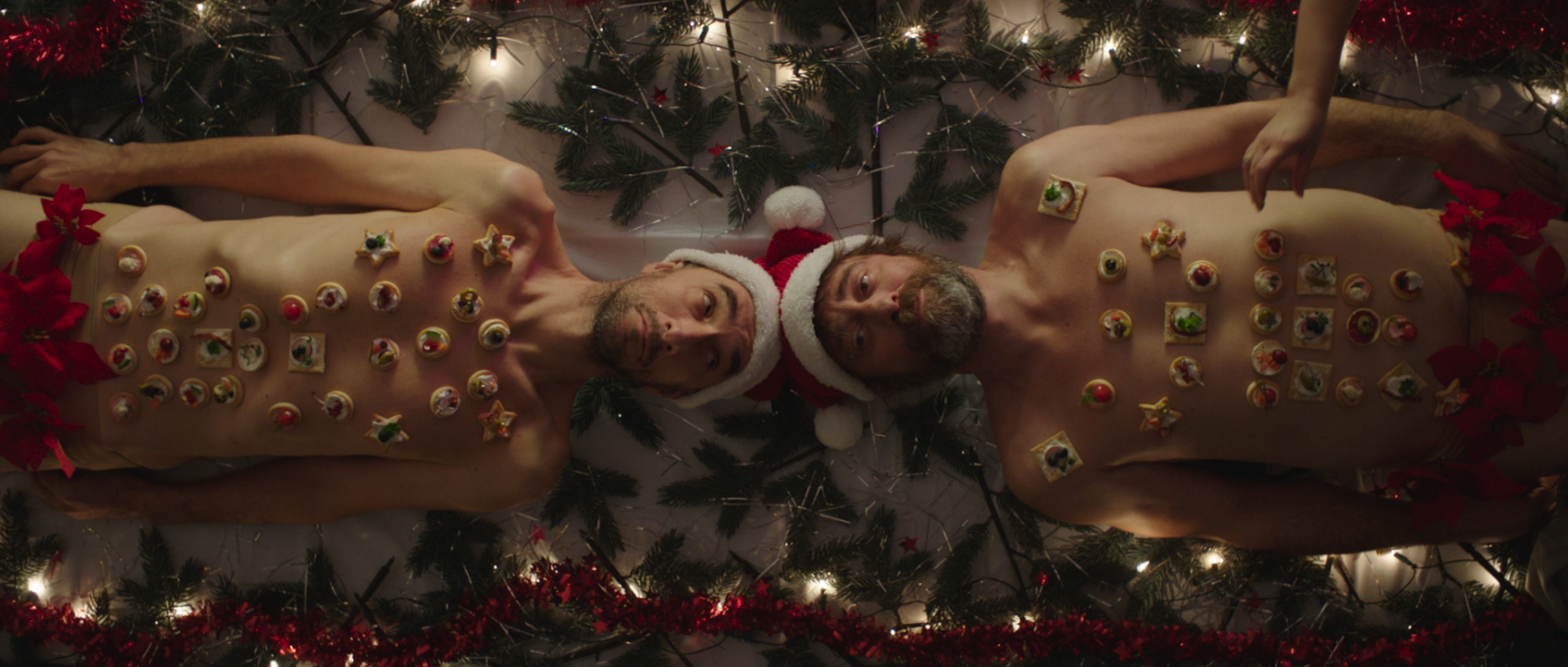
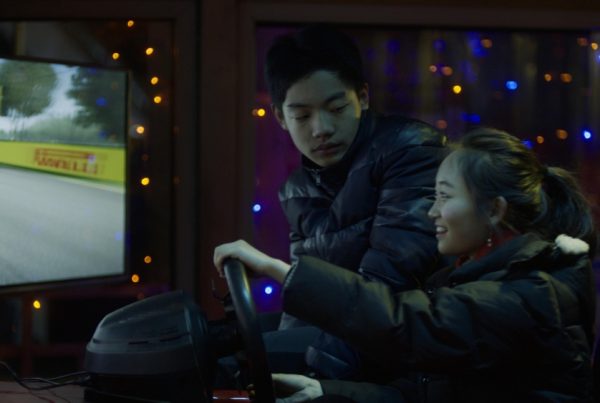
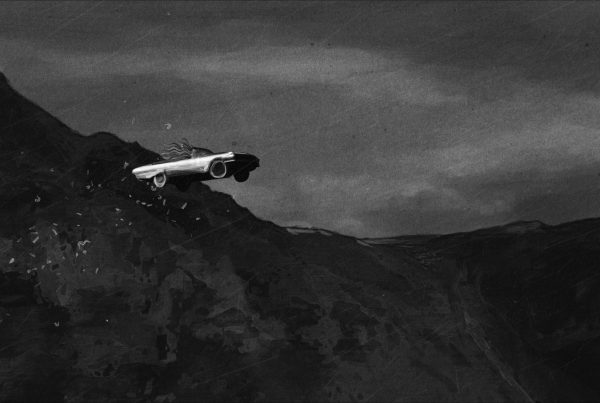
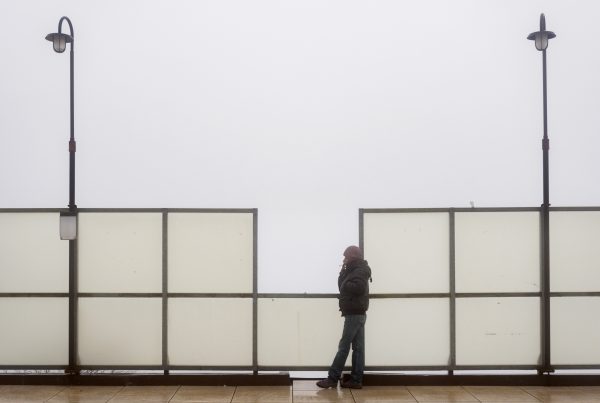
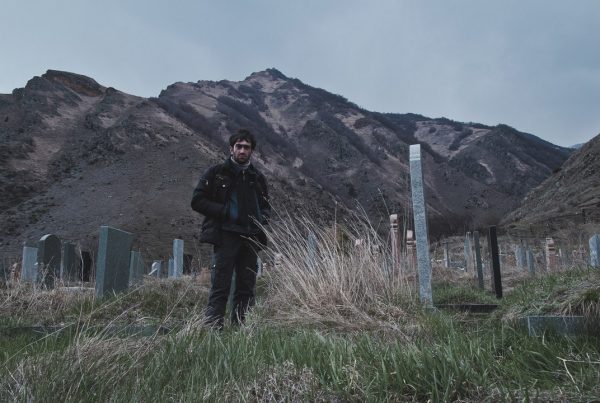
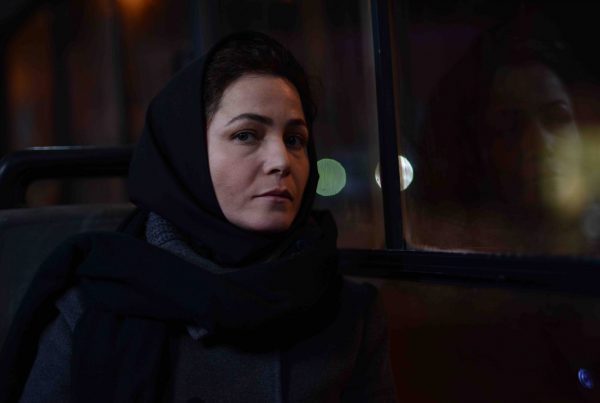
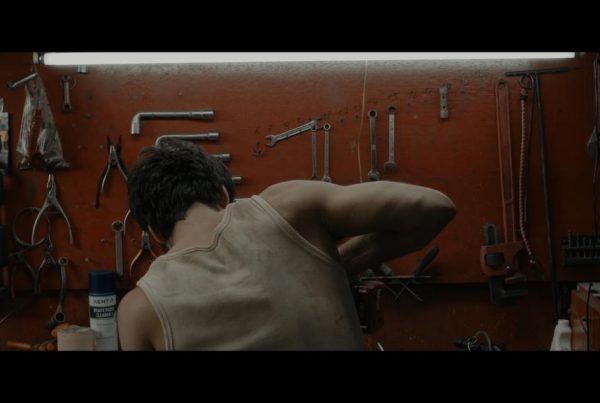







Commenti recenti